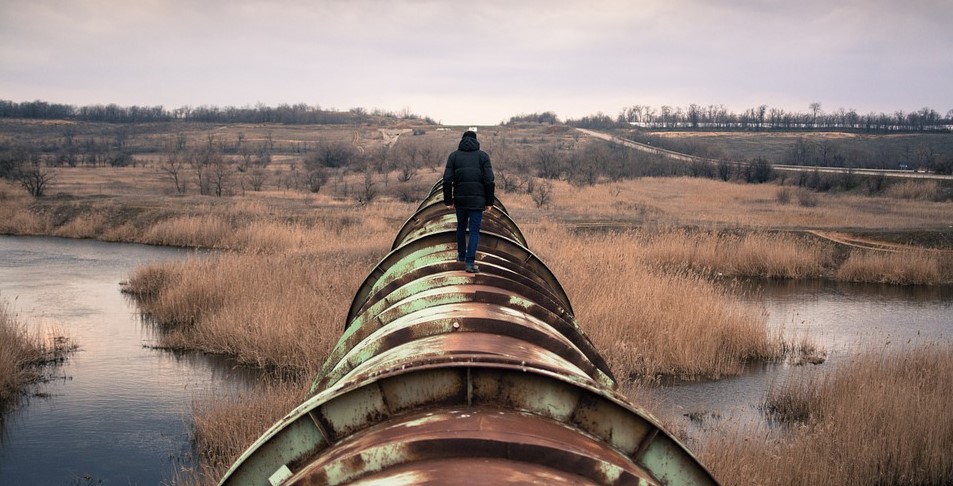Background
At the core of Crosscuts is an understanding of film-making as research practice. Since brothers Lumière, this practice has been artistic, philosophical and technoscientific in practical ways that transcended conventional categorisations. In this spirit, we have an express purpose to enhance the approach to media, cinema and visual culture as both research and practice within and beyond the academy and especially within a Visual Environmental Humanities scope. With Crosscuts, we wish to see films, filmmaking, and film theory to be treated as critical as articulations and sense-making in environmental humanities.

2018
In late 2018 Crosscut broke grounds for the first time in history. During three days at Bio Rio in Stockholm, hundereds of visitors enjoyed a varied programme of documentary films and discussions on themes such as media activism, postcoloniality, resource extraction, indigenous politics, plastic, relational filmmaking and much more. The overall theme was intended to put an emphasis on bridges and crossings amongst individuals, publics, communities and institutions; and, research and film projects from a range of geographies, backgrounds, genres and disciplinary, professional, political, racial and gender orientations.
2019
The theme for the festival in 2019 was “Ruptured Times” which we presented with films and discussion on the Anthropocene, social movements and decolonization, postcolonialism, gentrification and much more. We were proud to present a film retrospective and keynote by filmmaker/Professor Trinh T Minh-ha on decolonization and environmental knowledge. On stage we had, among others, Saskia Sassen as a Gueast of Honor (honorary doctorate at KTH and professor at Columbia Uni), Ann Legeby (professor at KTH), and Athena Farrokhzad (poet).
In 2019 we will also introduced the Annals of Crosscuts to continue to deepen our engagement with filmic research and theory. Annals is a new peer-reviewed publication format for film-based research. The Annals of Crosscuts is developed to support the use of film and cinema as integral practices in the critical environmental humanities.
In all, more than a thousand people have visited the festival. We have gotten a great reception, both by our specially invited guests and the audience as well as from the ABE school who supported us in 2019 and Bio Rio where the festival has taken place. Among our collaborators and partners are Global Media Studies and the Politics of Mediated Communication at Stockholm University and Filmhuset/Cinemateket and thereby broadened our outreach.
2022
For the 2022 edition, we scaled into a less intensive format and had a great one-day event at KTH, making it more accessible to students and researchers at KTH. The 2022 edition explored specifically “extraxtivism” of our precious earth, giving space to the voices of the marginalized, both indigenous and non-humans of the world. There were topics concerning Deep Sea Mining, environmental movements, and Sami art and culture, with eco-poetry performances about Amazonia plastics, and multispecies relations, concluding our full day with a beautiful jojk performance by Ylva Gustafsson.
